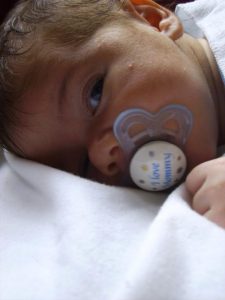I often get asked questions about the Division of Child Protection & Permanency, more commonly referred to by its old name, DYFS. Specializing in child abuse and welfare defense, it is not uncommon for both individuals and family law attorneys who do not specialize in this area to have questions when the Division becomes involved with a family. One frequent question is whether it is necessary to retain an attorney if the Division has not actually taken parents to court, but rather is involved with the family on what I would refer to as an administrative level.
To answer this question, it is important to understand the role of the Division of Child Protection & Permanency on at least a basic level. The Division is responsible for investigating calls alleging abuse or neglect of a child. These calls are often anonymous and there is no minimal level of proof that triggers an investigation. When the Division gets a call, they must investigate. Investigating the allegation may include coming to the family’s home and assessing for any safety concerns, speaking to both the parent(s) and the child(ren), and speaking to professionals involved with the child(ren) such as the school or daycare and their pediatrician.
Upon completion of its investigation, the Division will make one of four findings: Substantiated, Established, Not Established and Unfounded. A finding of Unfounded means there is not a preponderance of evidence that a child has been abused or neglected and the evidence indicates the child was not harmed or placed at risk of harm. Such a finding will not be reported and remains confidential, and often any Division records regarding the allegation and investigation will be eligible to be expunged after three years (understand this is not always true). A finding of Not Established again means that there is not a preponderance of evidence that a child has been abused or neglected, but some evidence indicates the child was harmed or placed at risk of harm. This finding will not be reported and remains confidential, but the Division’s records may not be expunged and will be permanently maintained by the agency. A finding of Not Established may be appealed, but only to the Appellate Division within 45 days of receipt of the finding. 
 New Jersey Divorce and Family Lawyer Blog
New Jersey Divorce and Family Lawyer Blog






